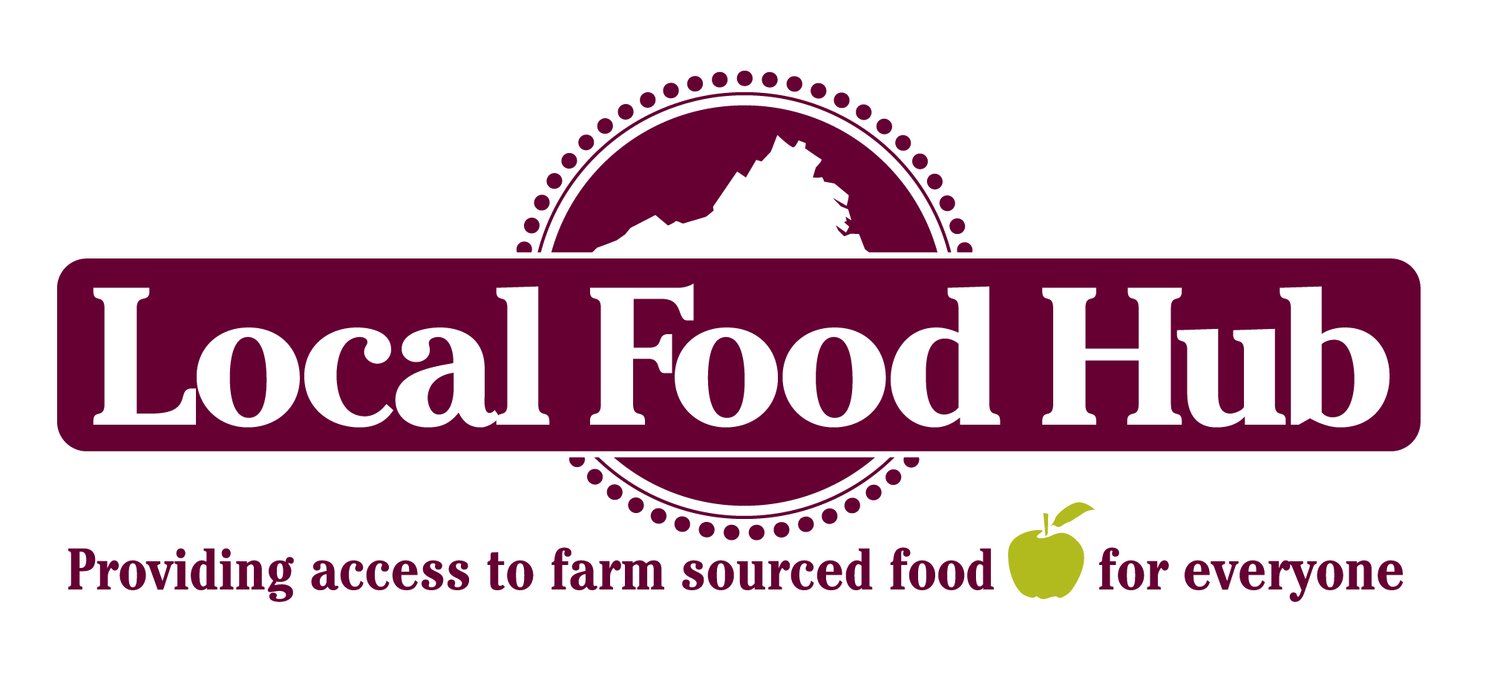Reflections of Kristen Suokko
This post is a reflection written by long-time Executive Director, Kristen Suokko, as she steps down from her role with Local Food Hub.***It’s the summer of 2009 in an out-of-the-way, pieced-together warehouse with one tiny, windowless office. A pickup truck pulls up with a few boxes of summer squash fresh from the field. The small staff works to get the produce inspected, logged, and shelved, destined for a buyer within a day or two. They work long hours in cold, hot, and strenuous conditions, but know they are part of building a better system – one that’s a fairer, more transparent, more delicious, and more resilient way of sourcing food.There are several hallmarks of the people and organizations that are part of the local food universe, and tenacity is one of them. Others include the ability to adapt to change, collaborate, and grow while never losing sight of fundamental values. The experience of Local Food Hub is a case study in this, and I was hooked from the beginning. It's the fall of 2014, and I’ve been at the job for a little over a year. We’re hosting what has become an annual Community Food Awards celebration. Dozens of guests sit on hay bales as we honor partners such as Walnut Winds Farm, UVA Dining Services, and the PB&J Fund. We all share a meal as a giant bonfire warms the night. As I look around, I realize that this is much more than a business, or a fad, or even a trend – it’s a community and a movement. It’s the spring of 2015, and the Westhaven Community Center is filled with boxes of farm fresh produce and abuzz with volunteers from the neighborhood packing bags for pick up. Nurse practitioner Holly Edwards is registering and checking blood pressure for the very first participants in the Fresh Farmacy: Fruit and Veggie Prescription program. Five years later, this program will become a lifeline for hundreds of families during the pandemic, and “food as medicine” will be recognized as the basis for food assistance programs around the country. It’s the summer of 2019. The ink is fresh on one of the first ever nonprofit/for profit business transactions, allowing 4P Foods to take over the distribution arm of Local Food Hub. Over the next three years, demand for “food with purpose” grows exponentially, and hundreds of producers and thousands of consumers will become part of the 4P family. It's the winter of 2020. A group of experienced food hub practitioners from up and down the East Coast gather in a room in the Virginia countryside and come out with an agreement and a plan. They will form a collaborative and work to increase sales amongst themselves, solving problems of volume and seasonality while honoring the small farms they represent. Values have begun to take precedence over geography in defining the movement, and regional food systems take on new importance. A month later, the COVID-19 pandemic turns the world upside down. These food hubs individually and collectively show what they’re made of – meeting demand when supply chains break down, finding innovative ways to get food to customers, and supporting hunger programs throughout the region. It’s now the spring of 2022, and we’re seeing even greater changes, some that were elusive just a decade ago. Agriculture’s role in climate change is being tackled head on. Regenerative agricultural practices – those that return as much to the earth as they take from it – are being widely studied and increasingly adopted. BIPOC farmers are being recognized for their invaluable role in the food system and the inequities that have been heaped upon them. Individuals and organizations are going through intensive racial justice journeys. As I look back over my past 9 years, I’m grateful for every farmer, every Local Food Hub staff and board member, every donor, every racial justice advocate, and every food systems colleague for showing me what’s possible when commitment, collaboration, and flexibility are your guiding forces. I honor Local Food Hub’s founders, Kate and Marisa, and the memory of Lisa Reeder, who embodied the local food ethic. I’m especially grateful for the current team of Anna, Stasia, Portia, Bri, Logan, Melissa, Emily, and Andy, who are giving their all to moving this mission forward. And my own commitment to building a better food system will continue long after this leg of my journey is done. 
